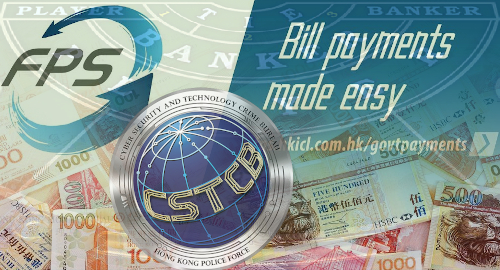 Hong Kong authorities have disrupted an unauthorized online gambling operation that used ‘emerging financial technology’ to process US$64.5m worth of illegal wagers.
Hong Kong authorities have disrupted an unauthorized online gambling operation that used ‘emerging financial technology’ to process US$64.5m worth of illegal wagers.
On Monday, the Cyber Security and Technology Crime Investigation Division of the Hong Kong Police Force announced the arrest of 22 individuals suspected of involvement in an illegal online casino, football and horserace betting operation that has been active since May of this year.
Police estimated that the group handled wagers worth HK$500m in just the past few months through a variety of websites based in other countries. The arrested individuals, whose tasks included soliciting gamblers via online platforms, worked out of a number of high-end condos in Hong Kong.
The investigation, which was dubbed Operation Moonshield, said the organizers convinced an ever-increasing number of local residents to open online bank accounts, control of which would then be assumed by the organizers in order to move money between the gambling sites and their customers.
The organizers reportedly handled payment processing via Hong Kong’s Faster Payment System (FPS), which combines aspects of traditional banks with electronic payment and digital wallet operations (such as Alipay and WeChat Pay). FPS users can instantly transfer funds in both Hong Kong dollars or Chinese yuan using just a QR code linked to their personal bank accounts.
It’s unclear if the reference to ‘emerging financial technology’ also means the organizers’ financial dealings involved some form of cryptocurrency. In September, mainland Chinese authorities announced their first bust of an online gambling ring that used the Tether (USDT) crypto token.
Hong Kong’s online gambling busts have traditionally revolved around major international sports events such as the FIFA World Cup or the European Championships. But the Hong Kong Jockey Club, which holds a local monopoly on gambling, has routinely pressured the authorities to target internationally licensed gambling operators that target Hong Kong customers.
China and Hong Kong have occasionally worked together to target unauthorized gambling operators, a partnership that is expected to grow closer now that Hong Kong has effectively surrendered its jurisdictional independence in favor of closer alignment with Beijing.